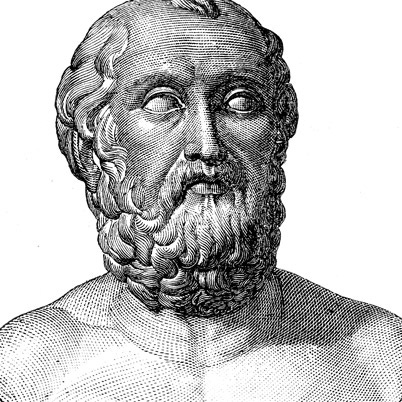On Glaucon
Power, Wealth, Status
To the degree that I cease to pursue my deepest passions, I will gradually be controlled by my deepest fears. - Plato
I recently read an article about how public figures like to give off the impression that they are not well read. Doing so allows them to call out others who mis-categorize them as only being a pretty face or a phenomenal athlete. I found …



